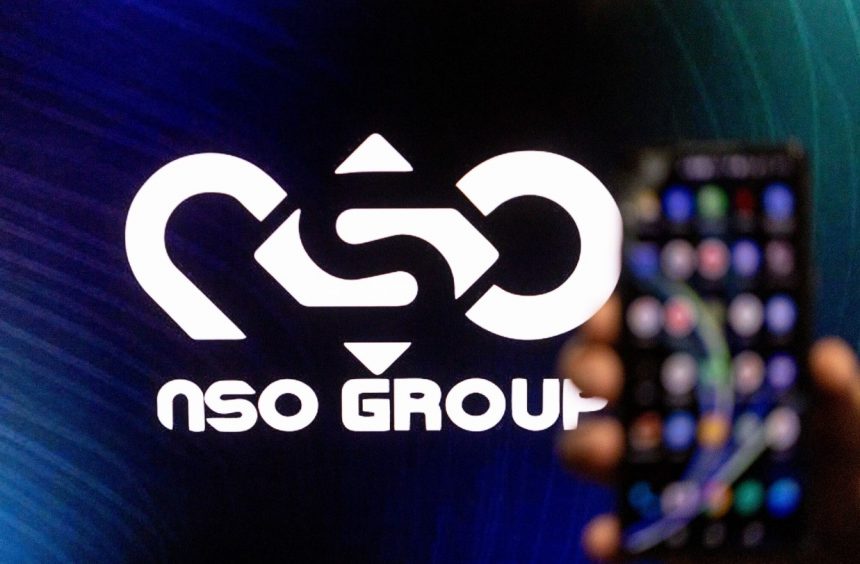January 10, 2023, Washington: The Supreme Court rejected an Israeli spyware maker’s bid to derail a high-profile lawsuit filed by the WhatsApp messaging service on Monday. The justices left in place lower court rulings against the Israeli firm NSO Group. WhatsApp claims that NSO targeted some 1,400 users of the encrypted messaging service with highly sophisticated spyware.
WhatsApp parent Facebook, now called Meta Platforms Inc., is trying to block NSO from Facebook platforms and servers and recover unspecified damages. NSO argued that it should be recognized as a foreign government agent and therefore be entitled to immunity under US law limiting lawsuits against foreign countries. The request appeals a pair of earlier federal court rulings that rejected similar arguments by the Israeli company. The Biden administration recommended that the court turn away the appeal. The Justice Department wrote, “NSO is not entitled to immunity here.”
NSO’s flagship product, Pegasus, allows operators to covertly infiltrate a target’s mobile phone, gaining access to messages, contacts, the camera, microphone, and location history. Only government law enforcement agencies can purchase the product, and Israel’s Defense Ministry approves all sales, NSO said. It does not identify its clients.
WhatsApp says at least 100 users connected to its lawsuit were journalists, rights activists, and civil society members. Critics have noted that NSO’s clients include Saudi Arabia, the United Arab Emirates, Jordan, and Poland, and those countries have abused the system to snoop on critics and stifle dissent.
<img src=”/wp-content/uploads/2023/01/Meta.jpg”/>
NSO said it has safeguards to prevent abuses, although the company also said it has no control over how its clients use the product. Critics say the safeguards need to be revised.
The WhatsApp case is among a series of legal battles plaguing NSO. In a separate lawsuit, Apple aims to prevent NSO from breaking into products. It claimed Pegasus had affected a small number of iPhone users worldwide, calling NSO’s employees “amoral 21st-century mercenaries.” In November, journalists from an investigative news outlet in El Salvador also sued NSO in a US court after Pegasus spyware was detected on their iPhones.
“Today’s decision clears the path for lawsuits brought by the tech companies, as well as for suits brought by journalists and human rights advocates who have been victims of spyware attacks,” Carrie DeCell, senior staff attorney at the Knight First Amendment Institute at Columbia University, said in a statement. The Knight Institute represents journalists.
In its statement, NSO said: “We are confident that the court will determine that the use of Pegasus by its customers was legal.” NSO also has been blacklisted by the US Commerce Department, limiting its access to US technology, and US officials said the company’s products were complicit in “transnational repression.”







